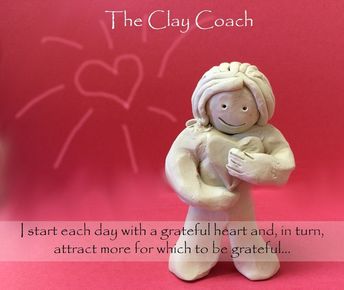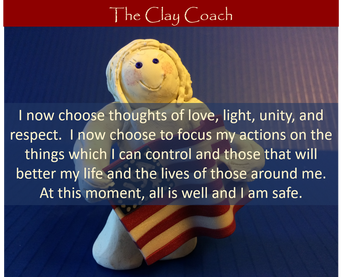
The key to using affirmations is to state them in the positive and to use them religiously. Repetition is key in the beginning – until you feel the shift in your thinking. Even then, keep going!
Use this process to harness the power of affirmations to enhance your self-esteem:
1) Determine the weak areas of your self-esteem. In what aspects of your life do you feel negatively about yourself? It might be related to work, your relationships, your health, your body image...whatever it is, it is time to undo that conditioning! Hone in on the areas of your self-esteem that need the most work - the first step is awareness.
2) Create affirmations that address these areas. Suppose your self-esteem regarding your work is less than you’d like. Be kind to yourself and create powerful affirmations even if they seem over the top. For example:
- I am a highly capable person and a strong member of my team at work.
- I contribute regularly and in a meaningful way – with confidence and certainty.
- I am excited that my work and effort are routinely acknowledged with promotions and pay increases.
- I am calm, cool, and collected in all work situations.
3) Create an audio recording of all your affirmations. The technology that we have now has made this an easy feat! Use your standard smart phone apps to record your affirmations – or, even better, make a video that you can watch and/or listen to! Your recording doesn’t have to be professional quality but give it your best effort.
- Read each affirmation at a normal speaking pace and speak clearly. Leave a short pause between each affirmation.
4) Write or type each affirmation clearly on a piece of paper. Carry your affirmations with you everywhere! That could mean putting them on a small piece of paper or having an electronic version on your phone or tablet. The more you are aware of your affirmations and intentions, the quicker they will be accepted into your identity. Just knowing they are in your pocket is a great way to keep them top of mind!
5) Spend some time each day listening to your affirmations. Your identity prioritizes information that comes from your own voice (which is why negative self-talk is SO damaging), so listening to your recording (Step 3) will strengthen your internal belief system. Ideally, listen to them while you’re lying in bed in the morning and in bed at night when your mind/brain is at is most suggestive. Put on your headphones and listen to your affirmations repeat over and over. If you can fall asleep with your affirmations in your ears, great!
- Take a walk at lunchtime and listen.
- Using an audio software (GarageBand, Audacity, etc.), you can put your affirmations “under” your favorite song – and play it over and over.
7) Read your affirmations. You’ve be listening and writing. Now, it’s time to read them. Pull out your list of affirmations and read over them a few times each day. Let your subconscious know that you’re serious. Keep at it.
8) Consider a little electronic help. There are free programs you can get for your computer that will flash your affirmations on your computer screen. You can program them to flash for periods of time so short that you can’t possibly see them consciously, but your subconscious mind will see them. Imagine soaking in your affirmations all day long while you work! YAY!
Affirmations can be a useful tool for increasing your level of self-esteem. With more self-esteem life will be more enjoyable, and you’ll be more capable. Create a few affirmations to start with - write them, listen to them, and read them. You will begin feeling differently from the inside – which will impact your experiences, your vibration, and what you are attracting into your life!
If you want to learn how to speed up the process and integrate new belief structures quickly and easily, contact Karen LoGiudice at [email protected] for more information on her revolutionary program: Sculpting Your Life – Heal your past…Find the Present…Create your Future!








 RSS Feed
RSS Feed